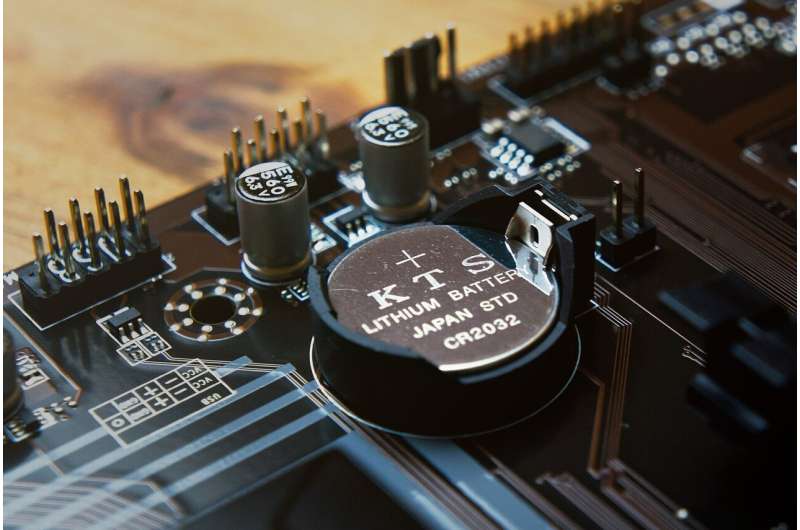
More children swallowed small magnets and batteries as compared with other foreign objects in 2020—a year when a COVID-19 stay-at-home order was in place—than in prior years, research shows.
The abstract, “Feast or Famine: A National Stay-At-Home Order Is Associated with an Increase in Pediatric Foreign Body Ingestions Presenting to Emergency Departments in 2020 Compared to 2011-2019,” will be presented during the American Academy of Pediatrics 2021 National Conference and Exhibition.
Researchers analyzed data from more than 100 hospitals provided by the National Electronic Injury Surveillance System database to evaluate the frequency of suspected foreign body ingestions in children ages 17 and under. They found that the number of foreign body ingestions remained roughly the same each year from 2017 through 2021, but the proportionate number of button or cylindrical battery and magnet ingestions increased significantly.
“Button batteries and small-rare-earth-magnet-sets represent the most dangerous objects a child can ingest,” said CPT Patrick T. Reeves, MD, FAAP, assistant professor of pediatrics at the Naval Medical Center at San Diego. “Due to their abilities to cause electromagnetic force discharge, these objects can tear through tissue, cause bleeding and even death. Parents should treat these objects like the Dark Side of the Force and strive to decrease children’s access to these items in the home.”
Emergency rooms see approximately 55,000 and 60,000 children for foreign ingestions annually, according to the research. The majority of children who ingest foreign objects are between ages 0-5 who have ingested batteries, magnets, coins, toys, desk supplies, bathroom items, jewelry, fasteners (screws, nails, etc.) and holiday items, such as Christmas ornaments and décor.
Most foreign bodies that are ingested by children will pass into the stomach and eventually leave the body through defecation. However, some objects, such as electronic button batteries or small-rare-earth magnets, pose a significant to danger for children that can lead to death.
Recently the U.S. Consumer Product Safety Commission recalled some small high-powered magnet sets, but more work is needed, according to the authors.
They call for the design of dedicated campaigns to include education for children, parents, other caregivers, and clinicians to prevent the purchase of these items and ways to remove them from the home.
Source: Read Full Article
